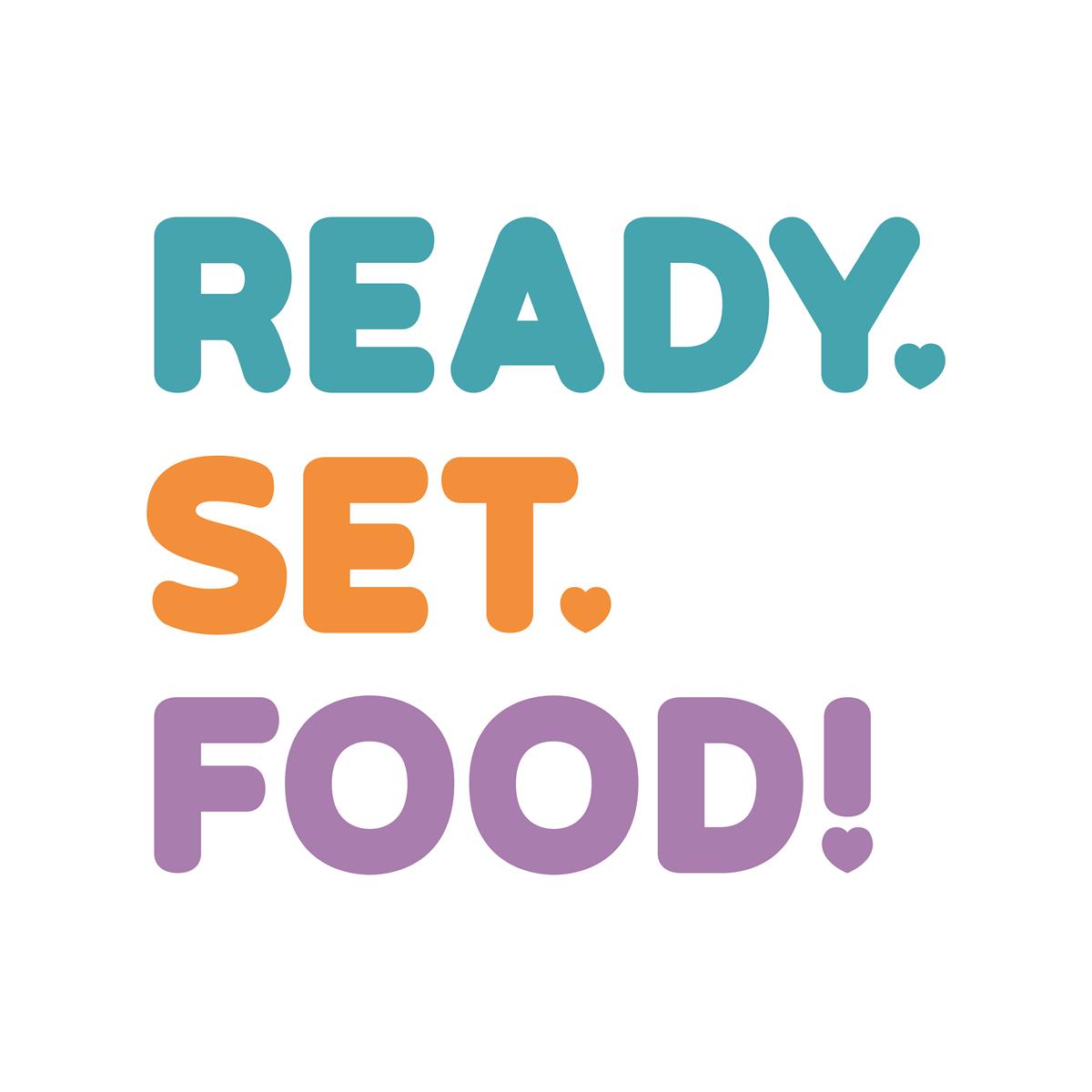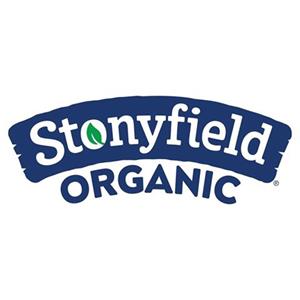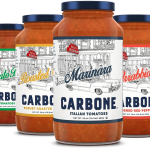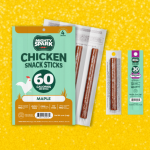The Checkout: Post Buys TreeHouse Cereal Business; Ready, Set, Food Raises $3.5M
Welcome to The Checkout: an express lane for the weekly news you need to know, always 10 items or less.
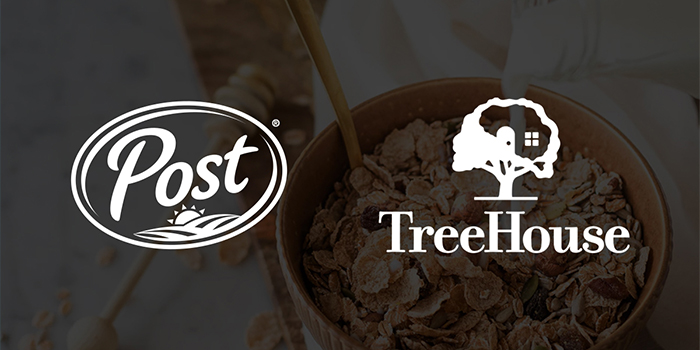
Post Holdings Buys TreeHouse Cereal Business
Post Holdings announced this week it has acquired TreeHouse Foods’ private label ready-to-eat cereal business for $85 million. The deal includes TreeHouse’s two facilities in Lancaster, Ohio and Sparks, Nevada as well as its R&D facility in Sauget, Illinois as well as $30 million in inventory.
The two companies originally agreed to this deal in 2019, then valued at $110 million. However, due to antitrust concerns, the deal was challenged by the Federal Trade Commission (FTC). The planned acquisition would have given Post a 60 percent share in the cereal market and would ultimately “remove the competitive pressure that has driven higher quality and lower priced cereals for American families,” the FTC stated. Post CEO Rob Vitale said at the time he was “disappointed and perplexed” by the FTC’s stance, which would “produce more effective competition” in the cereal category, then valued at $9 billion.
The companies ultimately chose to terminate the deal in January 2020 due to the “business risk, necessary resources and extent of time required to challenge the FTC’s position,” TreeHouse Foods president and CEO Steve Oakland said.
Neither company has commented on what changed since the original deal, though the lowered price tag could be a factor in why it was able to move forward. Under the Hart-Scott-Rodino Act, the FTC and Department of Justice require companies to report any deal valued over $92 million to the agencies for review to determine possible antitrust concerns.
Oakland said in a press release that the new deal represents “another important step in our strategic journey to create value for our customers and our shareholders.”
“Based on our thorough efforts to find alternative buyers for the business, we believe this transaction is not only in the best interest of its employees and customers, but also gives the business the opportunity to flourish as part of Post,” he said.

Ready, Set, Food Raises $3.5 Million
Food allergy prevention company Ready, Set, Food has closed a $3.5 million funding round led by new investor Edward-Elmhurst Health with participation from existing investors Danone Manifesto Ventures, Mark Cuban and AF Ventures. The company previously raised $3 million last July. The funding will support the launch of new product offerings and expansion of its team.
Ready, Set, Food CEO and co-founder Daniel Zakowski said in a press release that the new investment will help the company, which was founded in 2017, “accelerate its efforts” in its mission to “bring critically needed attention and support to food allergies.”
Originally offering two stages of mix-ins that introduced babies to peanuts, eggs and milk, last month the company expanded its portfolio to a third stage for babies eating solid foods which introduces babies to additional allergens cashew, almond, walnut, sesame, soy and wheat.
To spearhead its marketing strategy, the company has added Adam Rockmore as its Chief Marketing and Strategy Officer. Most recently serving as SVP Global Heading of Marketing & Communications for Dreamscape Immersive, Rockmore has also held leadership roles at Food Network, Calphalon and Godiva.
The company was also recently awarded $50,000 in grant funding from Johnson & Johnson after participating in the Children’s Wellness division of the CPG and pharmaceutical company’s Next in Naturals QuickFire Challenge, winning mentorship from Johnson & Johnson and a one year residency at its life science incubator JLABS.
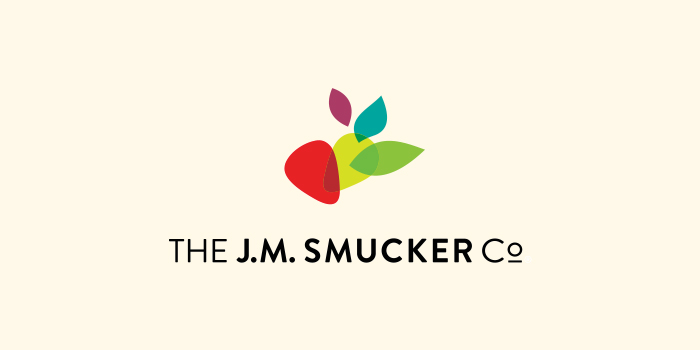
J.M. Smucker Co. Reports Fiscal Q4 Earnings
The J.M. Smucker Co yesterday released its results for the fourth quarter of the 2021 fiscal year, ending April 30. The company reported an 8% net sales decrease, down $171.8 million, which it attributed to divestitures of its Crisco and Natural Balance businesses as well as the stock-up purchasing seen in Q4 of last year at the onset of the COVID-19 pandemic. Despite the quarter’s results, net sales for the full year were up 3% to $8 billion.
The company’s retail coffee segment saw $1.5 million net sales increase, while its U.S. retail consumer foods business saw a $60.7 million (13%) decline. A drop in sales for Smucker’s fruit spreads and Jif peanut butter, though partially offset by the company’s Smucker’s Uncrustables offerings, reduced net sales in the retail consumer foods segment.
While the company said that implications of the pandemic, including cost inflation and supply chain volatility, cause uncertainty for its 2022 fiscal year outlook, it said in a press release it will “focus on managing the elements it can control.”
“I am confident the investments we have made in our businesses and the increased agility and flexibility we developed during the past year will enable us to continue driving sustainable growth and shareholder value,” president and CEO Mark Smucker said.
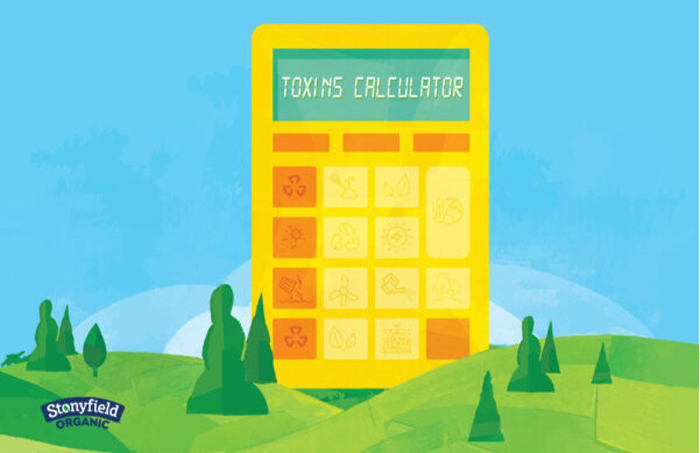
Stonyfield Launches Toxins Calculator, New Sustainability Commitments
Stonyfield Organic this week celebrated World Environment Day by announcing a new tool to identify the environmental impacts of organic dairy, while also announcing new sustainability goals.
Launched in collaboration with The Organic Center and Organic Valley, the new Toxins Calculator is an online tool that allows consumers to see a breakdown of organic dairy farming practices and how their daily consumption of organic yogurt, cheese and milk can reduce the use of fertilizer, antibiotics and pesticides. The calculator quantifies outcomes across potential scenarios if all milk, cheese, yogurt or school lunches were switched to organic, finding for example that 28.8 million pounds of fertilizers — equivalent to five Olympic-sized pools — would be avoided each year in yogurt production if all yogurt was organically produced.
“It’s easy to feel like choosing a single pint of organic yogurt or a single gallon of organic milk doesn’t have a big impact, but this calculator shows that when you add up each of those pints and gallons, we’re preventing millions of pounds of chemicals from going into our food and our environment,” said Jessica Shade, Director of Science Programs at The Organic Center, in a press release.
Alongside the Toxin Calculator, the company announced new sustainability goals, aiming to reach 100% renewable energy supply for its Londonderry, New Hampshire manufacturing facility and 100% renewable electricity across its dairy supply chain by 2025, and also achieving a carbon positive dairy supply chain by 2030. The new goals, co-founder Gary Hirshberg said, are part of the company’s “fundamental belief in doing Good on Purpose.”
